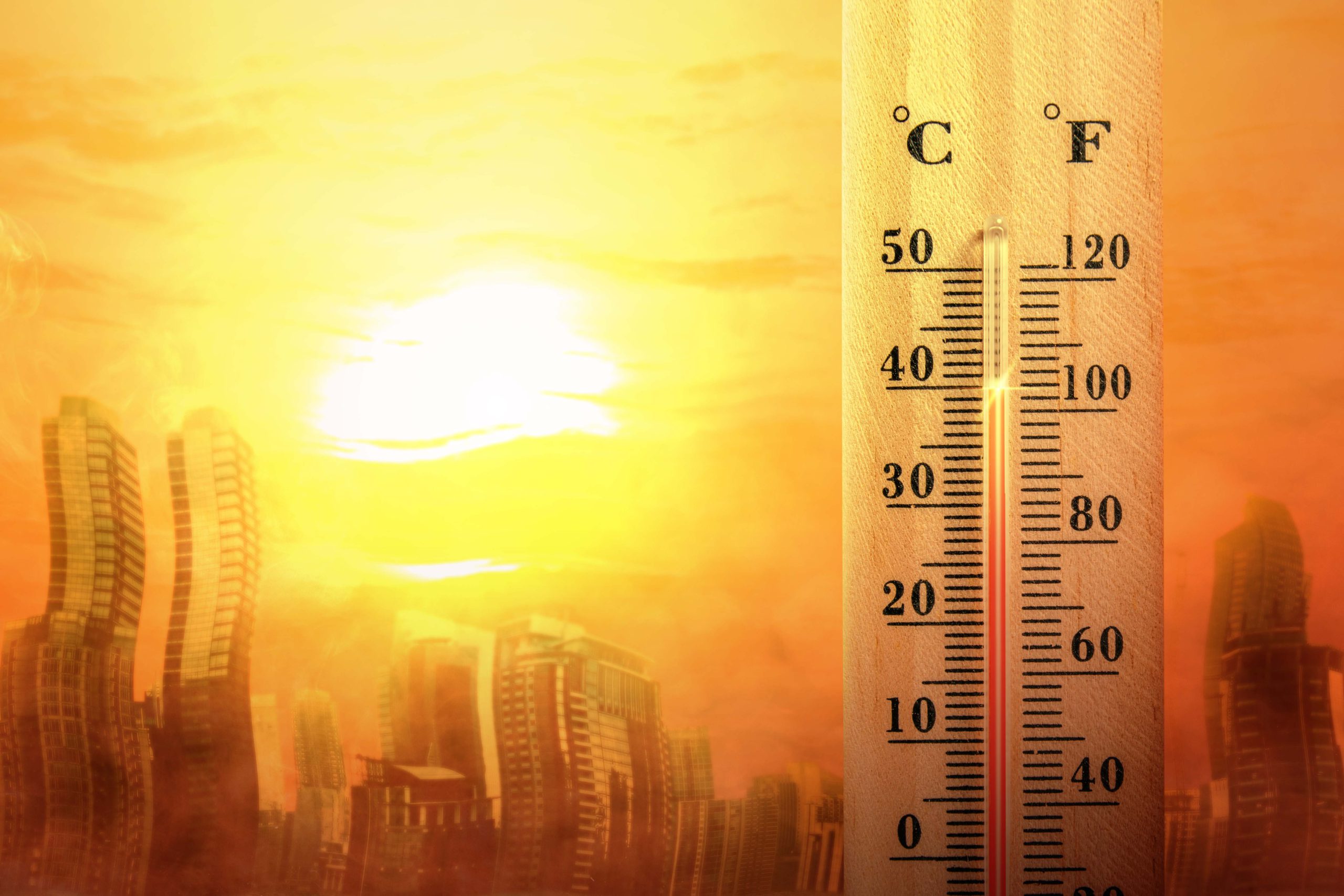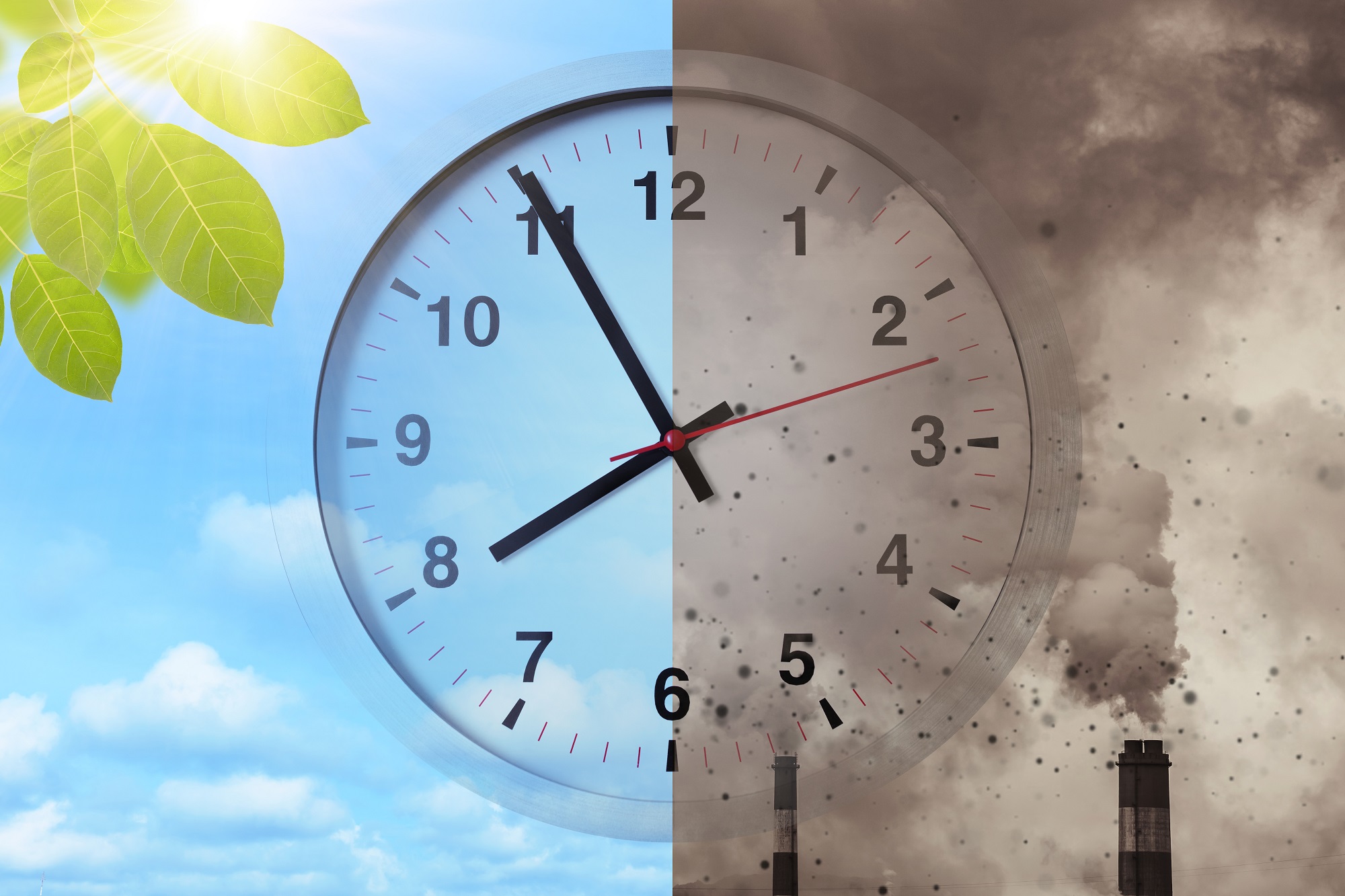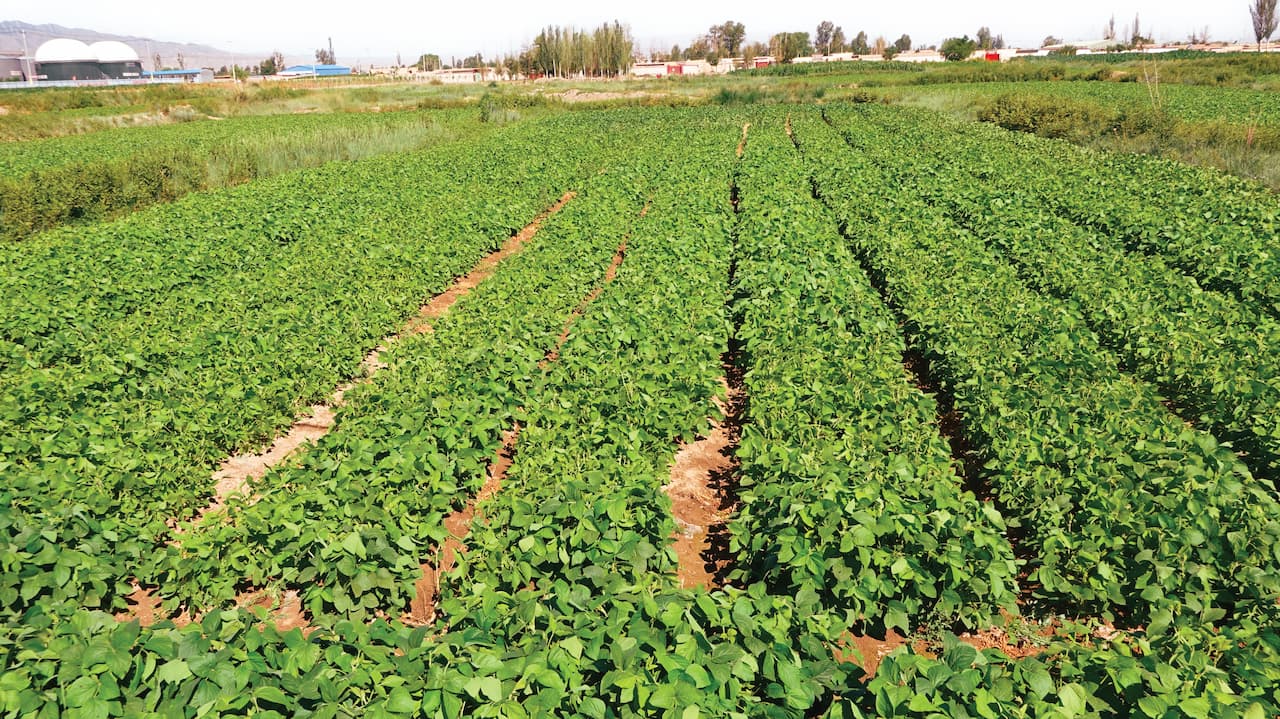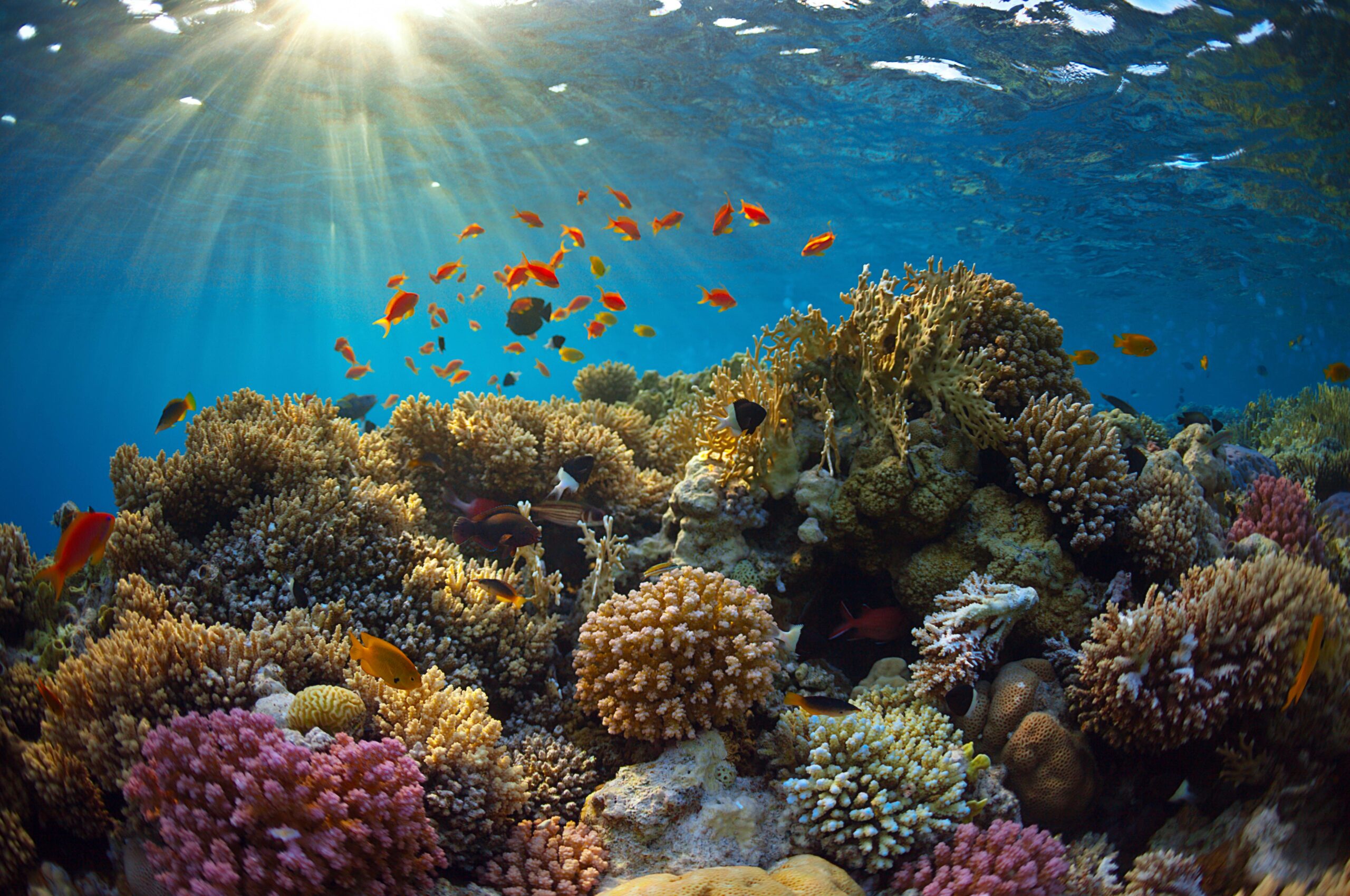You can hardly fail to have noticed: all over the northern hemisphere, this summer has been a scorcher. In Europe, temperatures have risen above 40°C for the first time in many locations, including some as northerly as the UK, causing thousands of deaths across the continent. In North America, too, numerous temperature records have been smashed, with 125 million people living under very high temperature warnings at one point, and the mercury in California’s Death Valley hitting 51°C. In Asia, China has experienced its longest period of very high temperatures with floods and droughts for more than six decades, while Hong Kong experienced its hottest month ever in July.
No place is spared
Professor Gabriel Lau Ngar-cheung, Senior Advisor of The Chinese University of Hong Kong’s (CUHK) Institute of Environment, Energy and Sustainability has devoted his career of more than 40 years to climate research. He was a contributing author to the Fourth Assessment Report and a lead author of Fifth Assessment Report by the United Nation’s Intergovernmental Panel on Climate Change (IPCC). The IPCC was awarded the Nobel Peace Prize in 2007.
For the last decade, Professor Lau’s research has focused on heatwaves. “Climate change is certainly one of the most important factors in these heatwaves, though it’s a very broad term. There could also be contributions from other factors as well, including regional weather patterns. In the case of Hong Kong, the western Pacific subtropical high-pressure zone has been particularly strong this summer, leading to changes in typhoon tracks and occurrence of very hot weather in some locations,” he says.
By analysing the observational climate records and using predictive computer models, Professor Lau examines the frequency of extreme weather events associated with climate variations. “If you look at the last 50 years, you’ll find the frequency of heatwaves, their persistence and their intensity have all been showing upward trends. That’s borne out by examination of historical records. We can expect heatwaves to become more widespread, more severe and last longer in duration in the future.” Professor Lau estimated that there would be a two to four-fold increase in heatwave days per year by the end of this century. In China, the US and Europe, which have been adversely affected by heatwaves, the trend is more obvious.

Hong Kong, often likened to a sauna on summer days, has some specific features that make it particularly susceptible to sustained high temperatures, according to Professor Edward Ng, Yao Ling Sun Professor of Architecture, the principal coordinator of a recent research by CUHK and other universities that predicted far more extreme hot weather in Hong Kong in the future.
“Due to the high-density environment of the city, the urban heat island effect makes the situation even worse. Due to the congested and compact built environment, Hong Kong’s urban wind environment is deteriorating, while artificial pavements and concrete buildings add thermal heat stress to the environment. The heat accumulated at daytime is trapped in the built environment and continues to dissipate at night, leading to an intense urban heat island effect and more hot nights.”
That can lead to dangerous health problems, particularly for older people and those with heart and respiratory conditions, and particularly in densely populated, lower-income districts. “Older people were found to be hardest hit by very high temperatures, due to them being less able to adjust to sudden change in temperature and their attenuated physiological ability to dissipate heat,” Professor Ng adds, “Economic factors, education level and awareness of heat-related illnesses determine how people can choose to deal with urban heat, for example whether they turn on fans or air-conditioning or if they are knowledgeable enough to be prepared for and prevent heat-related illnesses.”

The effects on the environment can be equally devastating. A recent study led by Professor Amos Tai, Associate Professor of CUHK’s Earth and Environmental Sciences Programme, projected that ozone pollution and climate change would lead to a decline in the yields of leading staple food crops by up to 22% by year 2050, with detrimental impacts on global food security.
“Major exporters will face local food shortages and restrict exports due to crop failure, resulting in a sharp increase in food prices,” says Dr Felix Leung, first author of the paper, and honorary Postdoctoral Fellow at the Institute of Environment, Energy and Sustainability.


How to stay safe and prepare for extreme heat
As well as drastically reducing emissions, there are several measures that can be taken at a government level to mitigate the effects of heatwaves on food supply, Dr Leung adds. China has massive grain reserves that it can release in times of privation, while Hong Kong stores enough rice to feed its population for 15 days. He also favours pursuing agricultural technology that can improve yields, as well as seed banks to preserve natural strains and discover varieties that can grow in harsh environments.
In cities with high-density housing, such as Singapore and Hong Kong, says Professor Ng, the government and business need to think about providing cooling spaces and services. “For example, public spaces with lots of tree shading are popular among the elderly. Other measures, like misting sprays and water features, can cool down ambient temperatures as well. For hot nights, the government should consider setting up more temporary night shelters at night-time hot spots where a large number of elderly, low-income and homeless people live, and the environment should encourage people in need to stay overnight.”
In the longer term, adds Professor Gabriel Lau, emeritus professor in CUHK’s Department of Geography and Resource Management and Senior Scholar at Princeton University, there are two avenues we should pursue: designing better buildings that require less air conditioning; and educating the community. “The occurrence of heatwaves around the world is consistent with our model predictions. Many of the signals that we consider to be indicators of climate change are showing up very strongly, so we need to take action. We should not delay any further.”











